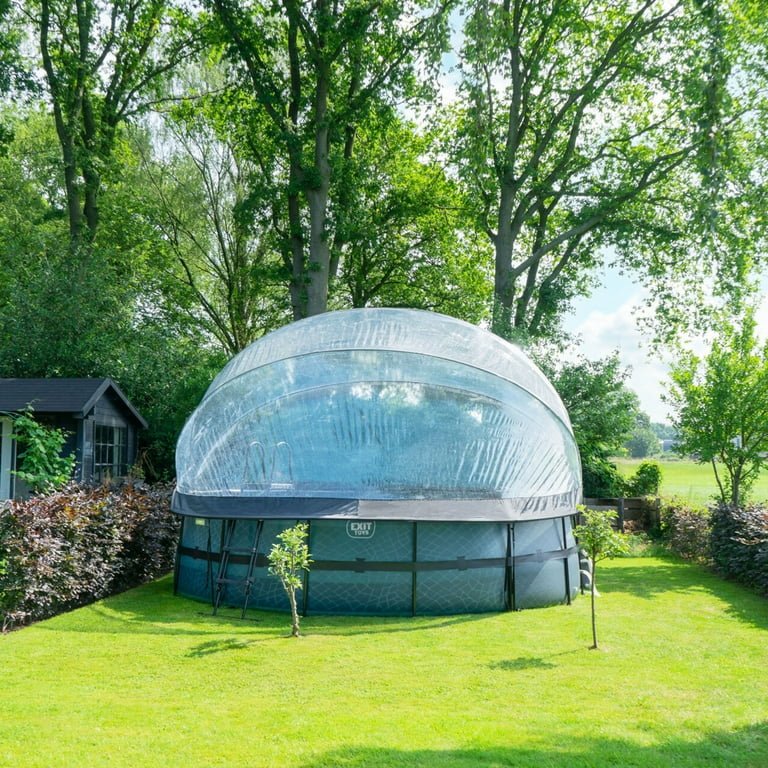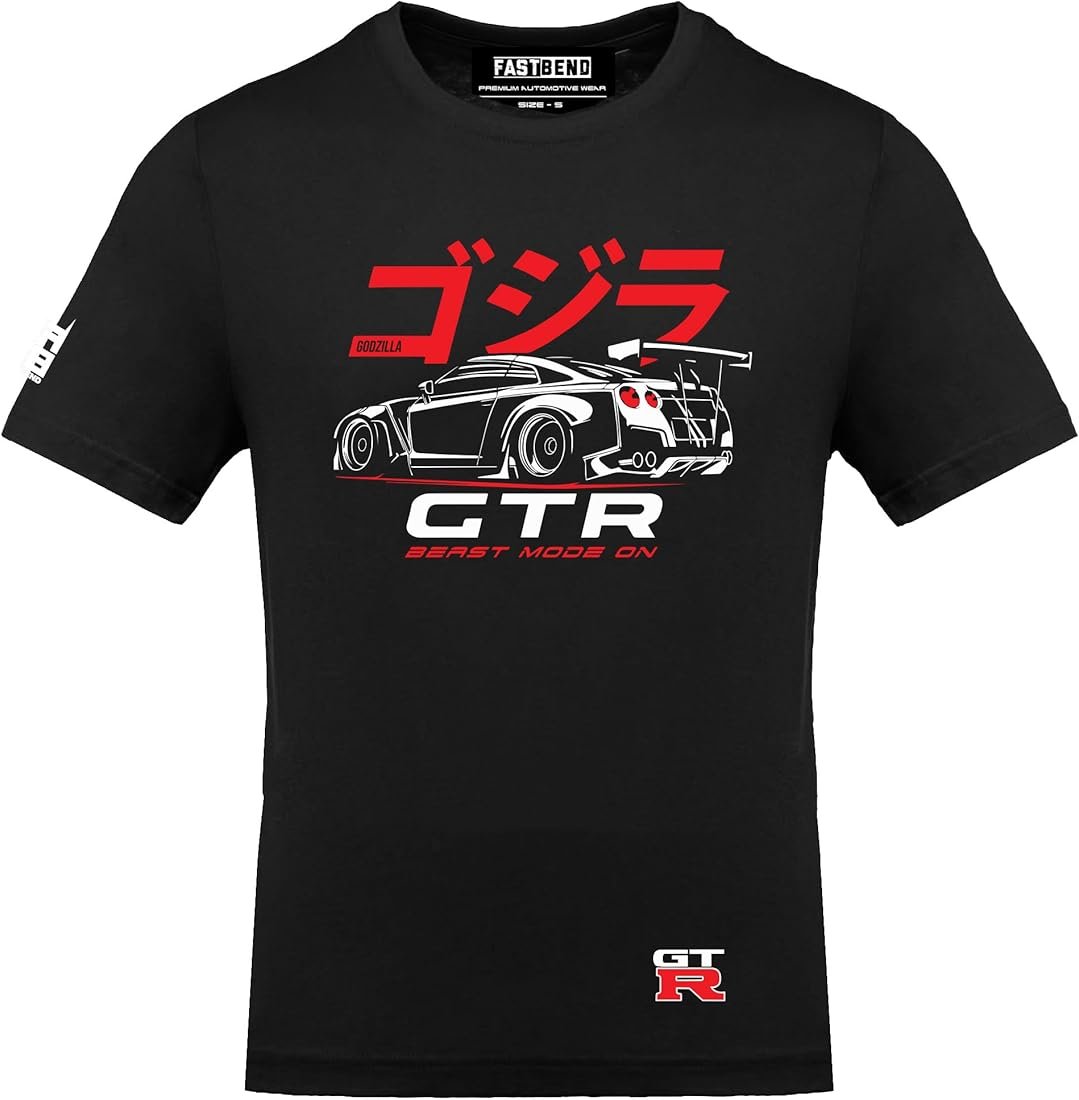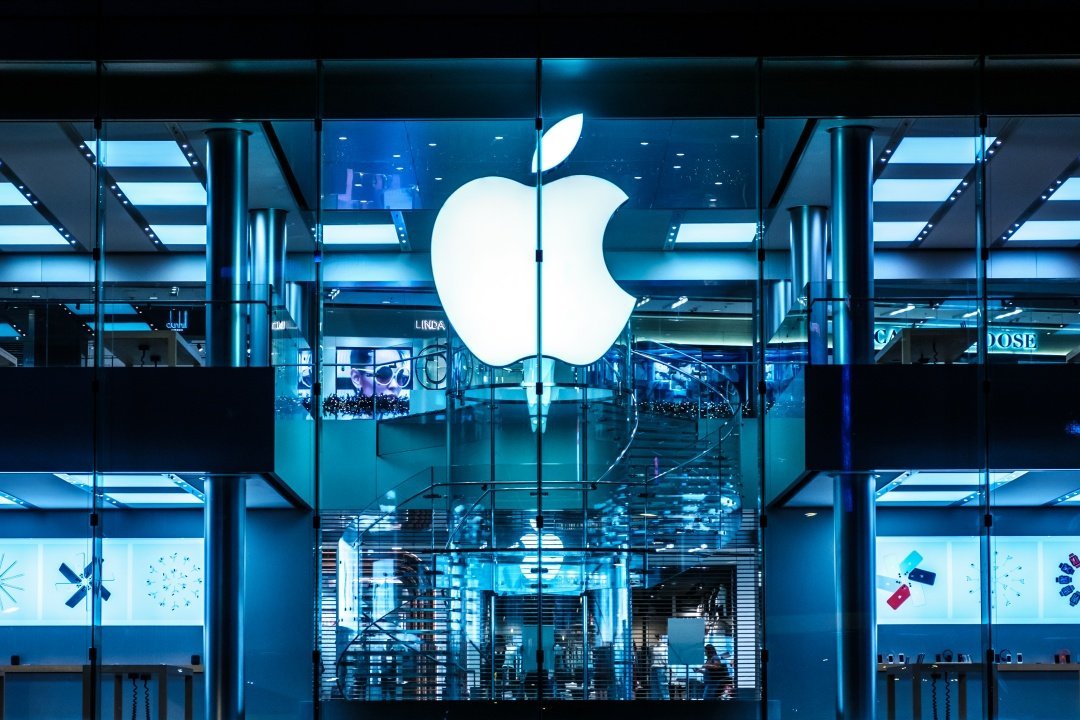Cleaners spend hours walking, bending, and standing on slippery or wet surfaces. That means one piece of gear can make or break their workday — their shoes. The best shoes for cleaners don’t just protect feet from hazards; they also keep you comfortable through long shifts. The right pair can reduce fatigue, prevent injuries, and even boost job performance. Let’s dive deep into how to choose the perfect footwear designed to handle the demands of cleaning work.
Why Choosing the Right Shoes for Cleaners Matters
A cleaner’s job may look simple, but it’s one of the most physically demanding roles out there. Long hours, heavy mopping, and exposure to chemicals can take a toll on your body, especially your feet. Wearing low-quality or inappropriate shoes can cause blisters, heel pain, and even long-term posture problems.
When you’re on your feet for 8 to 10 hours, comfort isn’t a luxury — it’s a necessity. Poor footwear can lead to fatigue, poor balance, and slips that can cause injuries. Studies from the Occupational Safety and Health Administration (OSHA) show that slips and falls are among the top causes of workplace injuries, especially in cleaning and maintenance jobs.
One janitor once shared, “After switching to proper slip-resistant shoes, my knees stopped hurting and I could finally finish my shift without feeling exhausted.” That single change speaks volumes about how powerful the right footwear can be.
Key Features Every Cleaner’s Shoe Should Have
Finding reliable work shoes for cleaners goes beyond picking a comfortable design. Each feature plays a role in keeping you safe and productive throughout your shift.
Slip-Resistant Soles: Your First Line of Defense
Floors in hospitals, hotels, or restaurants often stay damp or greasy. Slip-resistant soles help prevent dangerous falls. Look for shoes certified under ASTM F2913 or EN ISO 20344 — both ensure tested traction performance.
You can test grip by bending the shoe slightly and checking the tread pattern. Deep grooves, rubber compounds, and multidirectional lugs enhance friction on slick surfaces.
Pro tip: Shoes for Crews, Skechers Work, and Crocs Bistro models are excellent examples of slip-resistant footwear designed for cleaners.
Cushioning and Arch Support
Standing all day strains the arch and heel. Proper cushioning supports natural movement and reduces stress on joints. EVA foam, gel, and memory foam midsoles are ideal for shock absorption.
When testing shoes, press your thumb into the midsole. If it bounces back softly, that’s a sign of good cushioning. A supportive arch design helps maintain alignment, reducing back and knee pain after long hours.
Waterproof and Easy-to-Clean Materials
Cleaners often deal with wet environments and harsh chemicals. That’s why waterproof materials like coated leather, polyurethane, or synthetic blends are critical. These materials repel liquid and resist chemical damage, keeping your feet dry and safe.
Easy-to-clean designs also matter. Smooth uppers without deep seams prevent dirt buildup, making it easy to wipe away grime with a damp cloth. For deep cleaning, remove insoles weekly and let shoes air out overnight.
Breathability and Moisture Control
Trapped moisture leads to odor, bacteria, and foot fatigue. Breathable mesh linings or micro-perforated materials allow airflow, maintaining dryness inside the shoe.
Combine this with moisture-wicking socks made from bamboo or merino wool for even better results. A breathable shoe can make the difference between finishing your shift fresh or dealing with soggy discomfort.
Different Types of Shoes for Cleaners and Their Uses
Not all cleaning environments are the same. The right footwear depends on where you work and what hazards you face daily.
Industrial Cleaning Shoes
Industrial cleaners often handle oil, dust, and heavy debris. These workers need reinforced footwear that resists impact and compression. Steel or composite toe caps, oil-resistant outsoles, and thick padding are must-haves.
Popular models include KEEN Utility PTC and New Balance 626v2, both built for heavy-duty tasks while maintaining comfort.
Hotel and Office Cleaners’ Shoes
In hotels or offices, appearance matters almost as much as safety. Cleaners need lightweight, quiet, and stylish shoes that blend professionalism with comfort.
Look for soft rubber soles to reduce noise on polished floors. Brands like Dansko XP 2.0 or Dr. Scholl’s Harrington II strike a perfect balance between form and function.
Commercial Kitchen Cleaners’ Shoes
Kitchen cleaning involves grease, steam, and water — a slippery nightmare for any worker. Shoes like Crocs On-the-Clock or Shoes for Crews Everlight are designed for such conditions. They feature oil-resistant outsoles, waterproof materials, and closed uppers to keep spills out.
Top 10 Best Shoes for Cleaners in 2025
| Rank | Brand & Model | Key Feature | Price Range | Ideal For |
| 1 | Skechers Work Sure Track | Memory foam insoles | $$ | All-purpose cleaning |
| 2 | Crocs On-the-Clock | Easy to clean & waterproof | $ | Kitchen & janitorial |
| 3 | New Balance 626v2 | Superior grip & cushioning | $$ | Industrial cleaning |
| 4 | Reebok Work N Cushion | Lightweight & slip-resistant | $$ | Long shifts |
| 5 | KEEN Utility PTC | Oil- and water-resistant | $$$ | Factory & warehouse |
| 6 | Dansko XP 2.0 | Anti-fatigue rocker sole | $$$ | Hotel & healthcare |
| 7 | Shoes for Crews Everlight | Breathable mesh | $$ | Light cleaning |
| 8 | Merrell Jungle Moc | Durable, slip-on comfort | $$ | Multi-purpose use |
| 9 | Dr. Scholl’s Harrington II | Arch support & soft lining | $$ | Long hours |
| 10 | Crocs Bistro Clog | Slip-resistant clog style | $ | Kitchens & wet floors |
These models earned top ratings in durability, slip-resistance, and comfort. Each brand offers both men’s and women’s versions suitable for different cleaning jobs.
How to Choose the Perfect Pair of Cleaning Shoes
Selecting the ideal pair requires more than checking the brand label. You should match the shoe to your exact work environment and physical needs.
Match the Shoe to Your Cleaning Environment
- Hospital cleaners: Need waterproof and antimicrobial shoes.
- Kitchen staff: Should focus on grease-resistant soles.
- Office cleaners: Benefit from lightweight, stylish shoes with quiet outsoles.
- Industrial cleaners: Must prioritize reinforced toes and thick soles.
Your environment determines the risks, so your shoes must match those hazards.
Test for Fit and Comfort
Comfort determines how long you can perform without strain. Try shoes on in the evening when your feet are slightly swollen — that’s when you’ll get the most accurate fit.
Use the “two-finger rule”: leave space about the width of two fingers between your heel and the shoe’s back. This prevents blisters and allows flexibility for long movements.
Walk on both hard and soft floors before buying to feel how the sole handles each surface.
Check Certification and Safety Standards
Always check labels for certifications like ASTM, OSHA, or EN ISO compliance. These standards ensure the shoes meet industrial safety benchmarks for slip resistance, compression, and electrical hazard protection.
If your workplace requires safety footwear, certifications might also be mandatory for insurance coverage.
Maintenance Tips to Make Your Shoes Last Longer
Good shoes are an investment. With the right care, they can last a year or more without losing comfort or grip.
- Clean regularly: Wipe shoes after every shift using mild soap and warm water.
- Dry properly: Never place them under direct heat; air-dry instead.
- Replace insoles: Every 3–6 months to maintain support and odor control.
- Use protective sprays: Waterproof sprays create a barrier against stains and moisture.
- Rotate pairs: Owning two pairs allows each to air out between uses.
“A cleaner’s shoes are their tools,” says a veteran hotel janitor. “You wouldn’t use a dirty mop every day, so why wear dirty shoes?”
Affordable Yet Reliable Options for Cleaners on a Budget
You don’t need to break the bank to get reliable footwear. Several affordable models perform exceptionally well:
| Brand | Model | Price Range | Highlights |
| Crocs | Bistro Clog | $ | Waterproof & slip-resistant |
| Shoes for Crews | Everlight | $$ | Breathable & lightweight |
| Dr. Scholl’s | Work Advance | $$ | Cushioned comfort |
| Skechers | Work Nampa | $$ | Oil-resistant sole |
| Avia | Avi-Union II | $ | Durable and supportive |
These budget-friendly options prove that quality and affordability can go hand in hand.
Real Stories from Cleaners Who Found Their Perfect Fit
Case Study 1: Maria, Hotel Cleaner (8 years)
Maria spent years battling foot pain from standing on marble floors. After switching to Dansko XP 2.0, she noticed instant relief. “I used to take painkillers after shifts,” she said, “but now I don’t need them.”
Case Study 2: David, Industrial Custodian
David worked in a manufacturing plant and constantly slipped near machine oil spills. When he bought KEEN Utility PTC, he found improved traction and no more falls. “The grip was unreal,” he explained. “I feel safer now.”
Case Study 3: Aisha, Restaurant Cleaner
Aisha’s kitchen was always wet and greasy. She switched to Crocs On-the-Clock, and cleaning became much safer. “No more slipping, and they’re so easy to wash,” she said.
Conclusion: Step into Comfort, Step Up Your Work
Cleaners deserve shoes that work as hard as they do. Whether you’re scrubbing floors in a hotel, disinfecting hospitals, or keeping offices spotless, the right footwear makes every step easier.
Choosing the best shoes for cleaners means focusing on comfort, slip-resistance, durability, and design that suits your specific environment. Quality shoes protect your health, enhance performance, and save you from fatigue.
So next time you shop for work footwear, remember — good shoes aren’t just for style. They’re your foundation for every successful shift. Step into comfort, step into confidence, and let every step remind you that great work starts from the ground up.




Leave a Reply